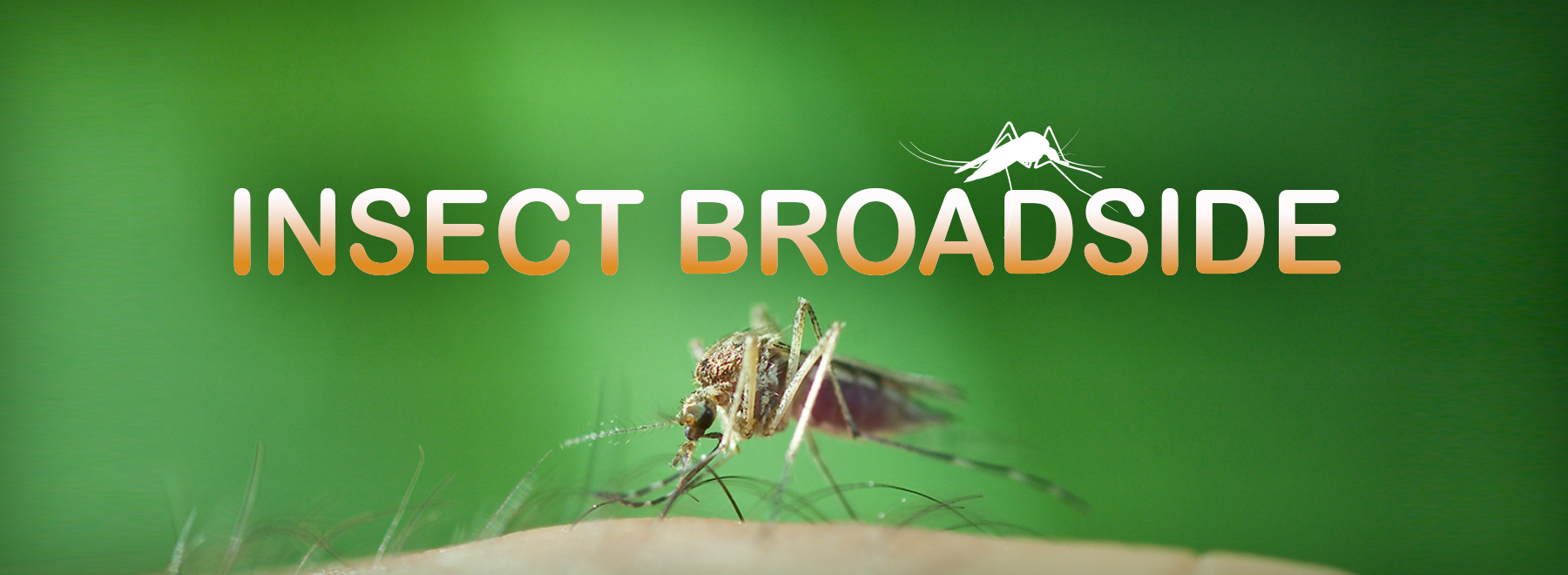Mosquitoes wage viral warfare
When it comes to mosquito-borne illnesses in Mississippi, West Nile Virus Disease creates the most buzz, and with good reason.
As of early September, the Mississippi State Department of Health had recorded 27 human cases of the potentially deadly disease for the year, confirmed by laboratory testing, and two deaths.
And 133 tests of trapped mosquitoes were positive for the virus, indicating that West Nile is “circulating in the state, and that all residents … should take precautions,” reported the MSDH, which also pegs July through October as the most active period for the virus.
But it doesn’t stop there: The agency also tracks the Chikungunya and Zika viruses in this state, while noting that other infections can occur, such as La Crosse encephalitis, St. Louis encephalitis and Eastern Equine encephalitis, as well as travel-related malaria and dengue.

“These viruses typically circulate between either birds or small mammals and mosquitoes. These animals can become infected and even die,” said Dr. Megan Hamner, assistant professor of pediatrics, who is board-certified in pediatric infectious diseases.
“Most human cases are either asymptomatic or mild. In severe cases, patients may develop neuro-invasive disease [infections of the nervous system], which can lead to meningitis or encephalitis.”

As for the dengue virus, the Centers for Disease Control and Prevention has issued a health advisory about its looming danger. “In 2024, there have been small outbreaks as close to Mississippi as Florida and Texas,” said Lora Martin, a board-certified nurse practitioner in the UMMC Department of Pediatrics’ Division of Infectious Diseases.
“Cases of malaria have also been identified as recently as 2023 in Florida and Texas. Humans may experience flu-like symptoms when infected mosquitoes bite them.” Those include fever, headache, body aches, vomiting and diarrhea.
“Occasionally, patients may have rashes as well,” Hamner said. “These symptoms can often be confused for the flu or another cold virus.”
Most species of mosquitoes in Mississippi don’t transmit these diseases. Some can be identified by their markings. Also, only the females bite animals and humans to take their blood. Males are distinguished by their much hairier antennae, smaller size and other less impressive traits.
But by the time you figure all of that out, a biter could have done its dirty work.
“It is challenging to tell mosquito species apart and not possible to see the number of mosquitoes infected with a disease at one time,” Martin said.
“Because of this, it is important to avoid being bitten by all mosquito species.”
This is especially important for certain groups of people who are at higher risk for those neuro-invasive diseases, Hamner said. “Those include older patients – overs 60 years of age – as well as those with chronic medical conditions such as cancer, kidney disease, or other immunocompromising conditions.”
Children, too, may be at a higher risk for infections, “because they are more likely to play outside, especially during the warmer months,” Martin said.
“Children are also at an increased risk of side effects from inappropriate use of insect repellents. Products containing a combination of DEET and sunscreen are not recommended for children because reapplication, as needed for sunscreen protection, may result in excessive exposure to DEET.”
Still, applying insect repellents is one way to avoid mosquito bites, but Martin recommends using only those products approved by the U.S. Environmental Protection Agency.
To protect your skin and that of your loved ones, Martin and Hamner offer other recommendations:
- Outdoors, wear long-sleeve shirts, long pants, socks and closed shoes, and avoid activities from dusk to dawn – when mosquitoes are apparently at their best, meaning their worst.
- Use mosquito bed nets when sleeping outdoors.
- Drape mosquito netting over baby carriers and strollers.
- If you need to slap on sunscreen, do that before applying insect repellents.
To discourage mosquitoes from haunting your premises, eliminate breeding grounds by saying no to standing water and by making your house mosquito-tight:
- Outdoors
- Cover trash containers, while also disposing of old tires, plastic and ceramic pots and other containers, along with anything else that can hold water. Keep roof gutters clean and free of leaves for proper drainage. Repair drippy water pipes and leaky septic systems. Fill tree holes, puddles and other low spots in the yard.
- Keep swimming pool water treated and circulating. Aerate ornamental pools. Consider stocking ponds with mosquito-eating fish. Empty or change water in wading pools, bird baths, horse troughs, pet dishes, etc., at least once every week.
- Keep grass cut short and trash the trash piles. Keep drains and culverts free of grass clippings and debris.
- Indoors
- Keep windows and doors shut and use air conditioning when possible.
- Use screens on windows and doors and repair them if damaged.
- Empty or change the water in vases, flower pot saucers and so forth. Fix leaky pipes.
“When camping or traveling,” Hamner said, “use an insect repellent containing DEET or picaridin regularly before venturing outside.
“Travelers should also consider treating clothing and gear with 0.5% permethrin, which is a mosquito repellent that will last for several washes. Clothes should ideally be loose-fitting with long sleeves and pants. If camping or staying somewhere without screened rooms, use a mosquito net.”
For travelers going abroad, there are vaccines available for some mosquito-borne illnesses, Martin said.
“You should check the CDC Destinations pages. This will help you determine what diseases and health risks are a concern based on your destination and activities.”
— — —
Information about infectious disease care at UMMC is available here.
The above article appears in CONSULT, UMMC’s monthly e-newsletter sharing news about cutting-edge clinical and health science education advances and innovative biomedical research at the Medical Center and giving you tips and suggestions on how you and the people you love can live a healthier life. Click here and enter your email address to receive CONSULT free of charge. You may cancel at any time.



